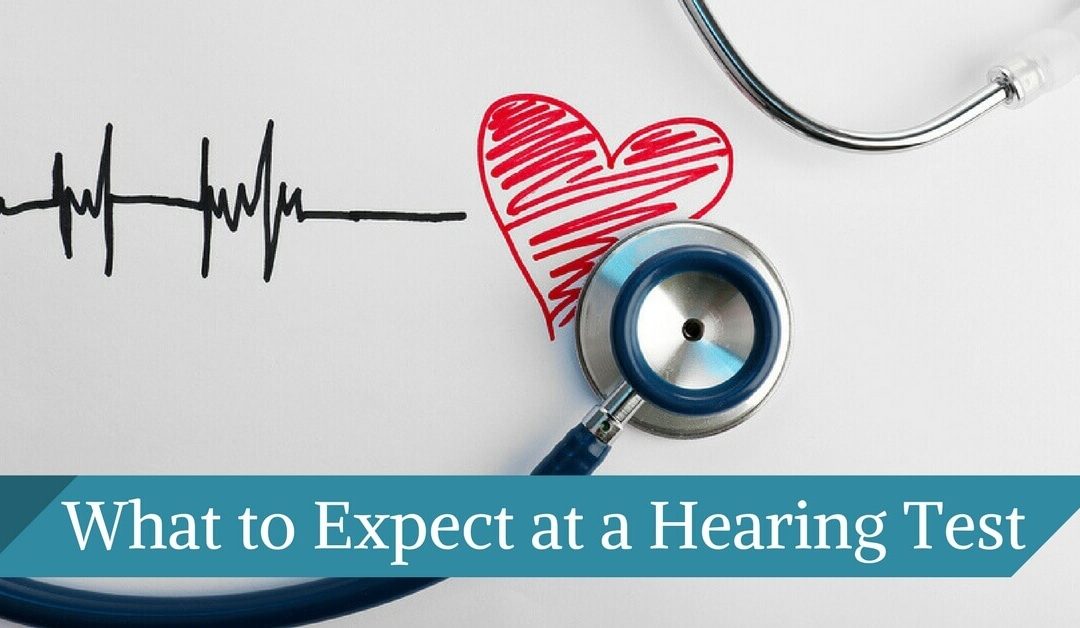Do you think you might have hearing loss? Have you been struggling to understand conversations over the phone, or in noisy restaurants? Does your family complain that the TV volume is always too loud? If you feel like you’ve been missing some sounds and straining to hear, you probably have hearing loss.
Hearing loss affects over 37 million Americans, but since hearing loss often progresses slowly, many people do not realize they have hearing loss right away. If you suspect you have hearing loss, don’t wait any longer but visit your local audiologist/hearing specialist for a hearing test.
Hearing Tests are Completely Painless
Most Americans have regular visits to the dentist and the optometrist, but seem to forget about the audiologist. Hearing health is just as important as the health of your eyes or your teeth. Worried that a hearing test may be difficult or painful? It’s not.
Hearing tests are designed to determine if you have hearing loss, what kind of hearing loss, and how severe it is. Here’s everything you need to know about a hearing test so you’ll know what to expect.
Medical and Hearing Health History
Expect your hearing test to take about an hour. Your audiologist/hearing specialist will start by asking you questions about your hearing health so they can get to know your personal health history. They may ask about what you hear or don’t hear, and if you’ve worked in a noisy environment. Since there can be several causes of hearing loss, asking some background questions will help them determine what kind of hearing loss you have. Some medical conditions, as well as past injuries, can also contribute to hearing loss, so you’ll be asked a few questions about your medical history to give a fuller picture of your overall health. They will also ask questions about your lifestyle and how your hearing loss is affecting you, so they can get a sense of what’s important to you, and what sort of treatment options would be a good fit for you.
Physical Exam
As part of a hearing test, your audiologist/hearing specialist will conduct a short physical exam, using an otoscope to check your ears. They’ll look for earwax buildup, blockages, swelling, infection, and any signs of injury or illness that could be affecting your hearing.
The Hearing Test
Hearing tests are completely non-invasive. They happen in quiet rooms so that no other sounds will affect your hearing test results. You will be asked to wear headphones and listen to a series of sounds. All you have to do is indicate whenever you hear a sound. The sounds are at various pitches and volumes to measure your hearing range as well as hearing acuity. Listen carefully! You’ll need to respond to very soft sounds at each frequency, so make sure you’re focusing.
The next part of the hearing test measures your ability to understand speech. Rather than playing sounds or tones, in this portion you will listen to speech sounds. You’ll listen to very soft speech, and then be asked to repeat the words you heard to determine the softest level of speech sounds you can hear.
Getting the Results
Your hearing test scores are recorded on a graph, called an audiogram, that shows the softest sounds you can hear at each different frequency. Each ear is plotted separately, so you can see how your ears is responding to sounds at every pitch. If a hearing loss is present, your audiogram will indicate the degree of severity and the configuration of your hearing loss.
Why Hearing Tests are Important
Since hearing loss often occurs gradually, it can sneak up on you without you even noticing it. Your family will often be the first to comment on your hearing loss, but you might be unwilling to believe it. Living with hearing loss has far-reaching consequences, and leads to stress, anxiety, and even depression. Untreated hearing loss has been linked with more rapid cognitive decline, earlier onset of dementia, and worse overall health. Hearing tests will catch a hearing loss early, which gives you time to treat the condition.
Even if you don’t think hearing loss is affecting you, it’s time to start thinking about your hearing health. Schedule a baseline hearing test, and follow up with annual hearing tests so you can monitor your hearing loss and catch it early. The earlier you get treatment, the easier it will be to adjust to hearing devices, and you’ll experience far better health outcomes.
Visit an audiologist/hearing specialist today and take control of your hearing health.

